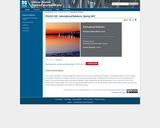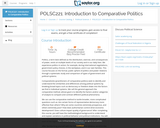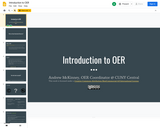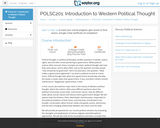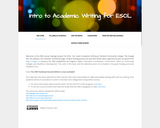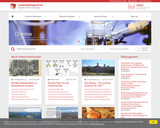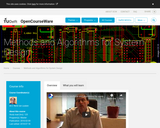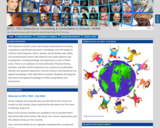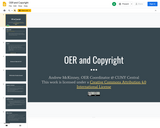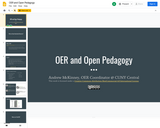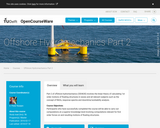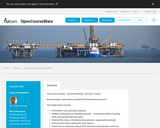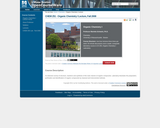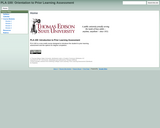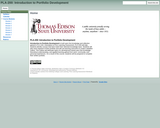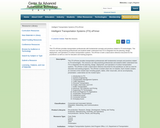
This ITS ePrimer provides transportation professionals with fundamental concepts and practices related to ITS technologies. This resource can help practicing professionals and students better understand how ITS is integrated into the planning, design, deployment, and operations of surface transportation systems. The ePrimer is both a stand-alone reference document for the practitioner as well as a text for education and training programs.
- Subject:
- Applied Science
- Automotive Technology and Repair
- Career and Technical Education
- Ecology
- Education
- Engineering
- Environmental Science
- Forestry and Agriculture
- Life Science
- Material Type:
- Case Study
- Data Set
- Diagram/Illustration
- Full Course
- Lecture Notes
- Lesson Plan
- Unit of Study
- Provider:
- Center for Automotive Technology - Macomb
- Provider Set:
- Center for Advanced Automotive Technology
- Author:
- Intelligent Transportation Systems Joint Program Office, U.S. Department of Transportation
- Date Added:
- 09/01/2013
